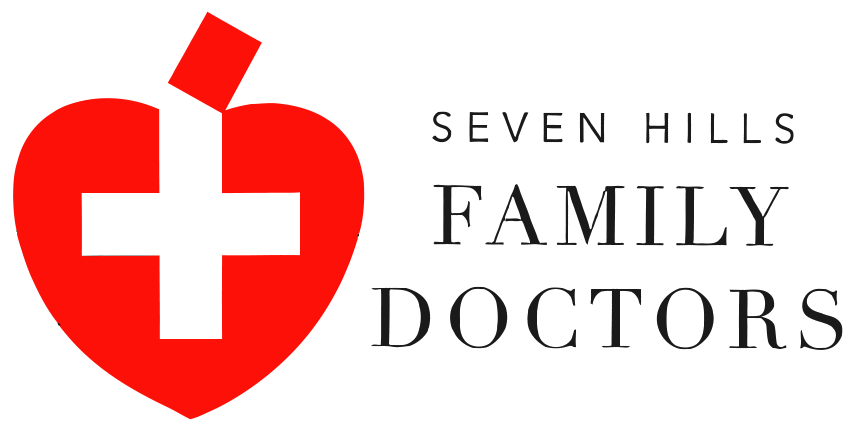If you’re going to kill yourself please just call me first…

“If you’re going to kill yourself, please just call me first.” This was the plea from one of my greatest friends from medical school during a mini-reunion to lament the downfall of a colleague. It dovetailed with some of his other thoughts; “this doesn’t end well” and “none of us get out of this life alive”. These somber thoughts coming from one of the most positive people I know.
With the World Health Organisation’s International Mental Health Day last week, and mental health activities in Australia this month, our chat was poignant. The WHO is trying to encourage nations to promote better mental health and integrate care sectors including health, education and government. Beyond Blue, Black Dog, R u Ok? are all now prominent, but as a community how did we get here and what can we do as individuals?
In the closed world of suicide, the person affected often withdraws, and while nothing is apparent externally, the internal starts to breakdown, begins an assault. The internal conflict often leads to a narrowly focused outlook and approach to their psychological pain – it’s all too much, the world is closing in, there is only one solution.
The contributing factors to poor mental health, are often numerous but examples such as the Dolly case have highlighted the negative side of social media. Our smart phones are incredibly useful tools (including sharing information about health) but social media is perhaps an oxymoron, not unlike ‘Gamble Responsibly’.
The devices themselves provide an unparalleled portal for group indignation and blatant taunts. For many people, Facebook, Instagram and the like, have become a subtle and frequent reminder of what’s wrong with our lives and how much we’re lacking when compared to our cohort.
When that perfect image appears on Facebook or Instagram, is there another option than the knee-jerk reaction of comparing ourselves and feeling not good enough?
Instead, could we start with questioning each post, asking questions such as ‘Why did that person need to share that?’ and “What are their motivations, their values, and their relationship with us?”
New ways of thinking, and processing information more critically is an avenue that can break the tunnel vision effect that causes severe depression and thoughts of self-harm. At Seven Hills Family Doctors, we tailor treatment to the individual using various methods to reduce this unnecessary suffering. We utilise psychology and a range of psychiatric services and medication (if required). Outside of the scope of this article is the neurochemical changes that cause depression, not attributable to any external factor and the role of medication and pharmacotherapy are commonly required for treatment.
If you, or someone you know is at risk, I implore you to follow my friend’s advice and please call us for an appointment.
Written by Dr Michael Clem, 29th October 2018.

